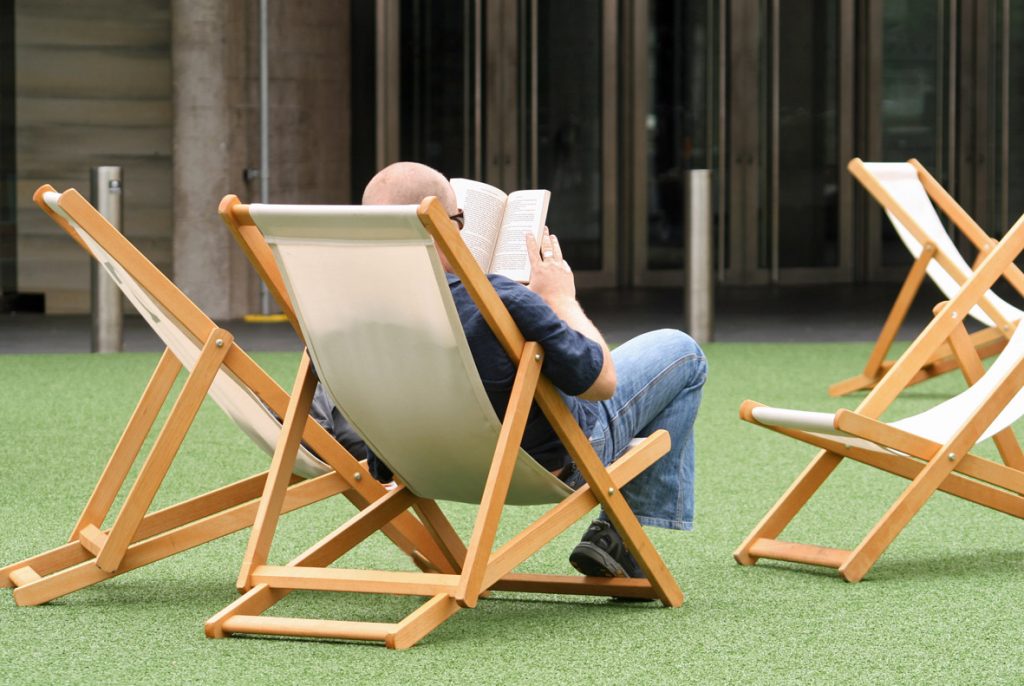New research has shown that while some employment is good for our mental health, the benefits flatline after eight hours of labour.
Imagine a world in which nobody worked for a living. Would you like to live in it? Because there’s a chance it could be coming. As technological advances mean robots can do ever-more of our jobs, some people think we could be heading towards a world without work.
Considering that our job is how most of us pay for our food and rent and the stuff we enjoy, that sounds rather nightmarish. But some people are saying that it’d actually be great, because we could take all the money/stuff created by machines and divvy it out among the population (perhaps in the form of a Universal Basic Income). Then we could just spend all our time enjoying ourselves.
But a new study by the University of Cambridge suggests that even if this occurred, the situation might not be as dreamy as it sounds. They looked at what happened when people moved from unemployment or stay-at-home parenting into paid work, and concluded that getting a job reduces our risk of mental health issues by 30 percent.
But that doesn’t mean we shouldn’t embrace a world where robots take on at least some of our workload. The study also found that the mental-health benefits kick in after eight hours of paid work a week, but don’t increase any more after that. Working the standard 40 hours a week, in other words, doesn’t make you any happier than working for just one-fifth of that time. We don’t know about you, but a six-day weekend sounds pretty good to us.

